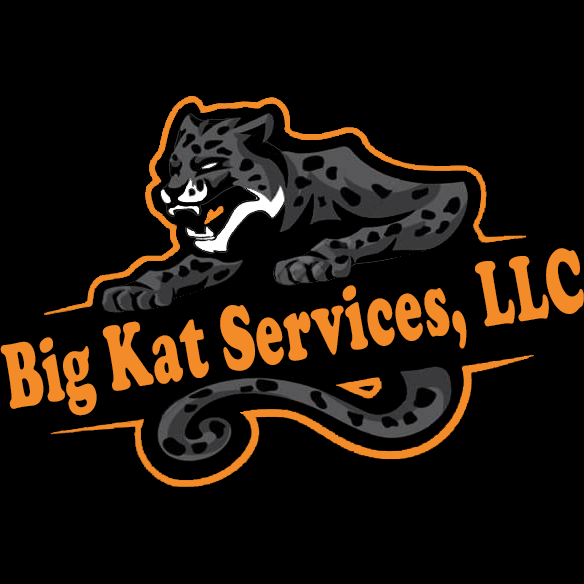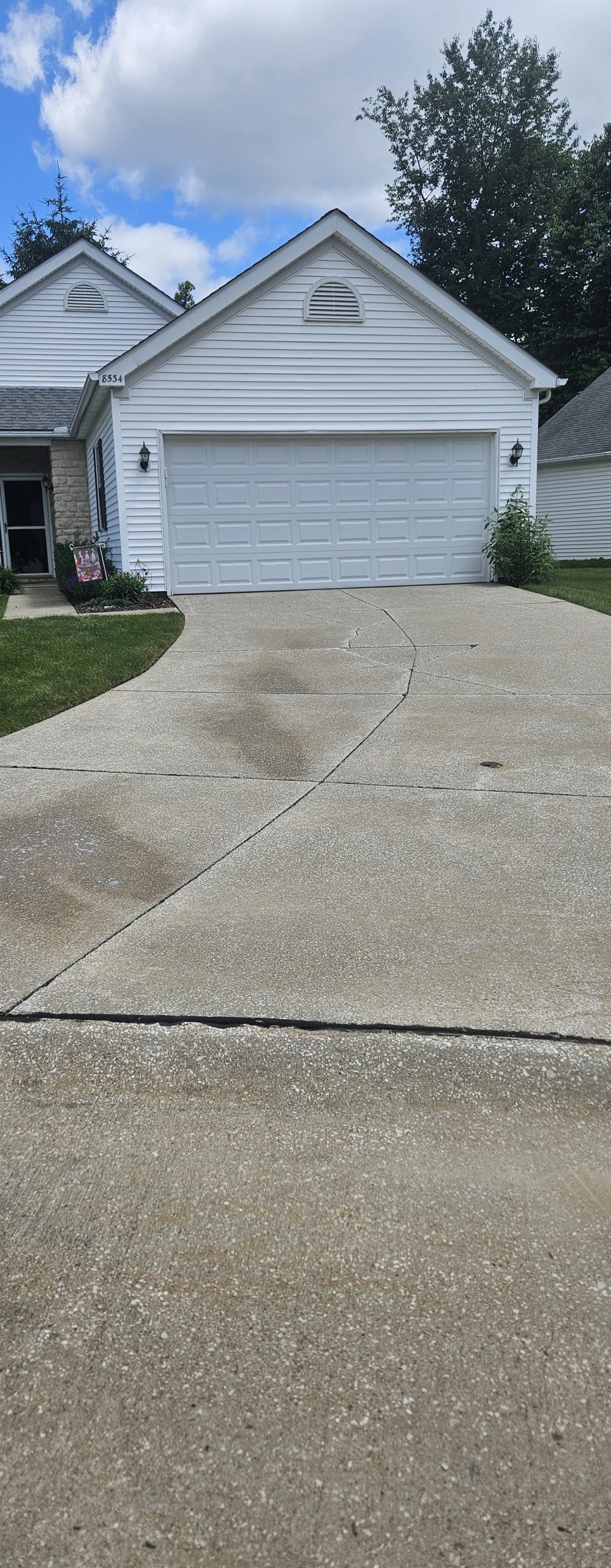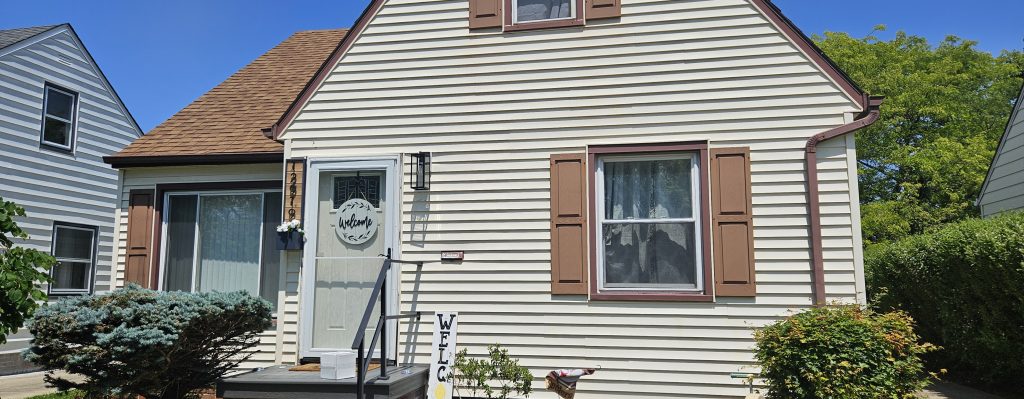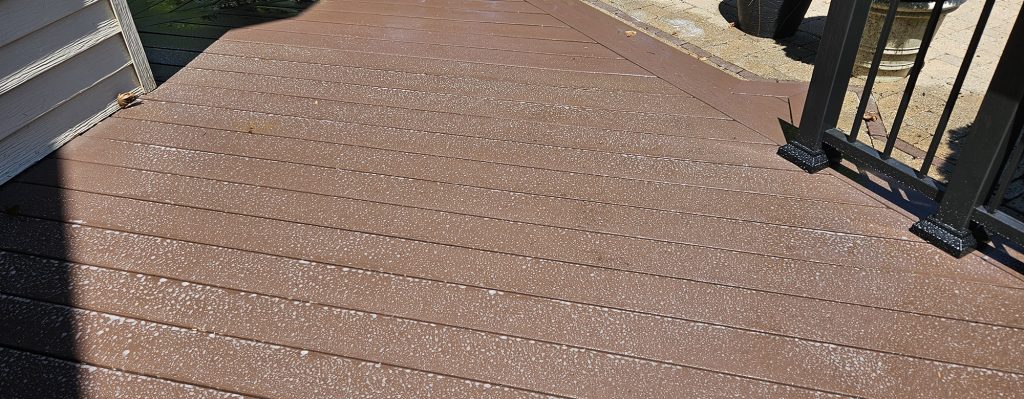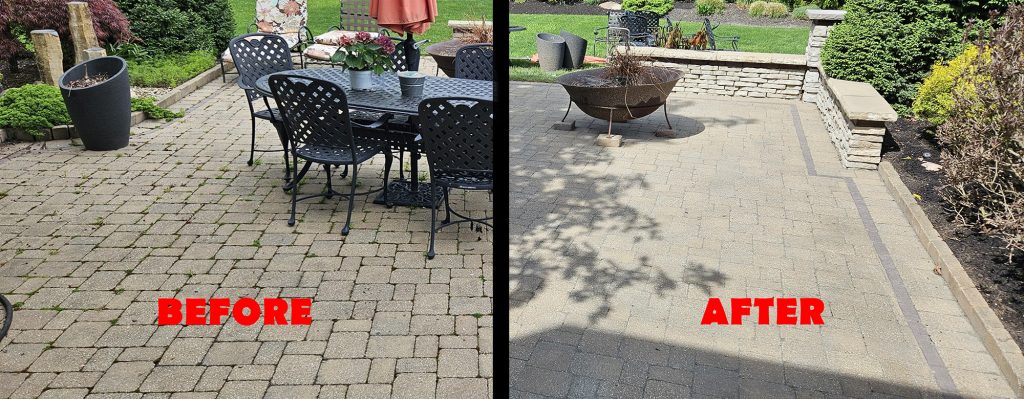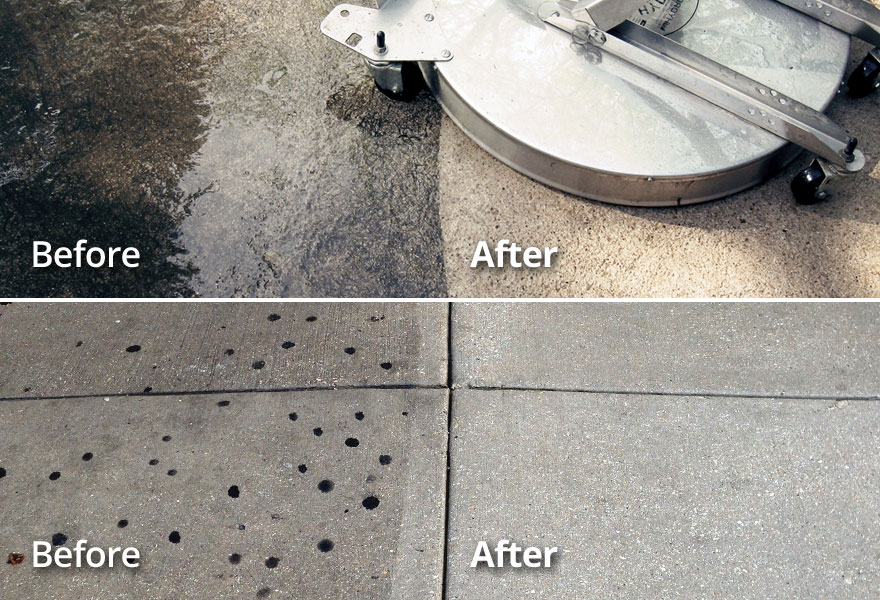Early Summer is the Perfect Time for Washing Your Property
Pressure washing your home or business during early summer is important for several reasons:
1. **Preventative Maintenance:** Regular pressure washing helps remove dirt, mold, mildew, and other contaminants that can damage the exterior surfaces over time. This preventive measure helps maintain the integrity and appearance of your property.
2. **Enhanced Curb Appeal:** Summer is a popular time for outdoor activities and gatherings. A clean exterior makes a positive impression on guests, customers, and passersby, enhancing the overall curb appeal of your property.
3. **Health Benefits:** Mold, mildew, and algae can pose health risks, especially for individuals with allergies or respiratory issues. Pressure washing removes these harmful substances, promoting a healthier environment.
4. **Preparation for Painting or Staining:** If you’re planning to paint or stain your home or business, pressure washing is an essential first step. It ensures the surface is clean and free of debris, allowing for better adhesion and a more durable finish.
5. **Extended Lifespan of Surfaces:** Regular cleaning can extend the lifespan of exterior surfaces such as siding, decks, driveways, and sidewalks by preventing the buildup of harmful contaminants that can cause deterioration.
6. **Energy Efficiency:** Clean surfaces reflect sunlight more effectively, which can help keep your property cooler during the hot summer months, potentially reducing energy costs.
7. **Pest Prevention:** Removing buildup and debris can deter pests from making a home in cracks and crevices, helping to prevent infestations.Overall, early summer is an ideal time for pressure washing as it prepares your property for the season ahead, ensuring it looks its best and remains in good condition.

